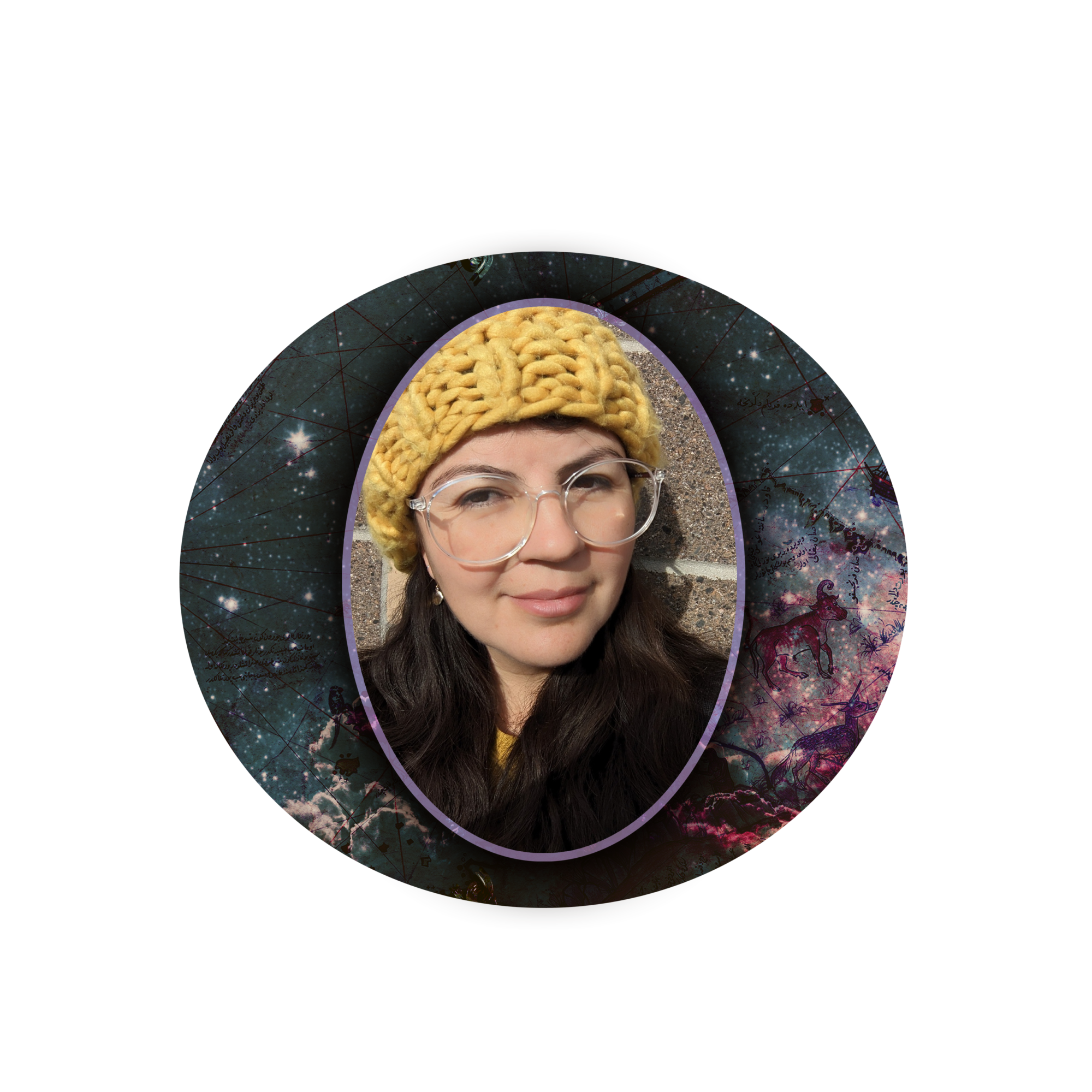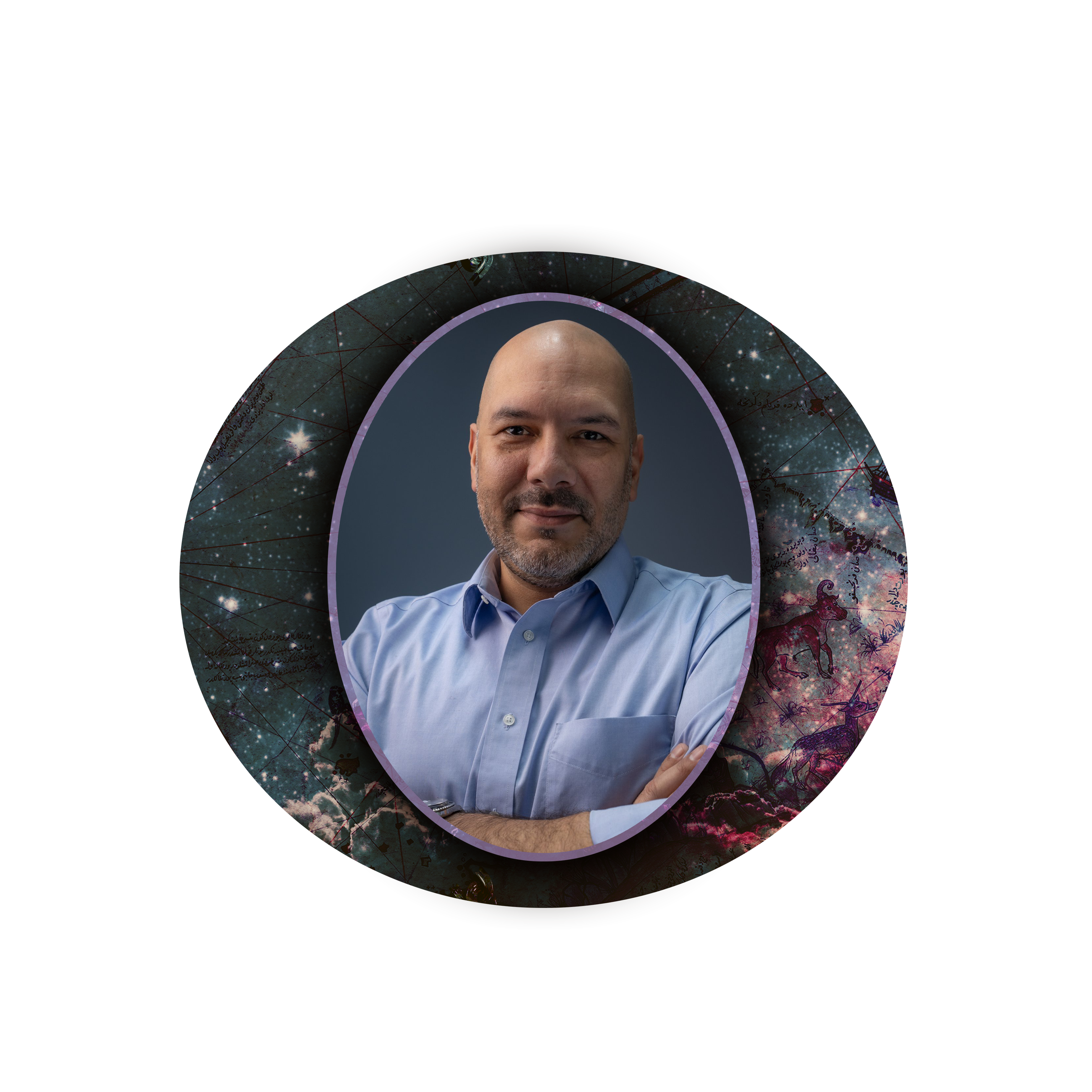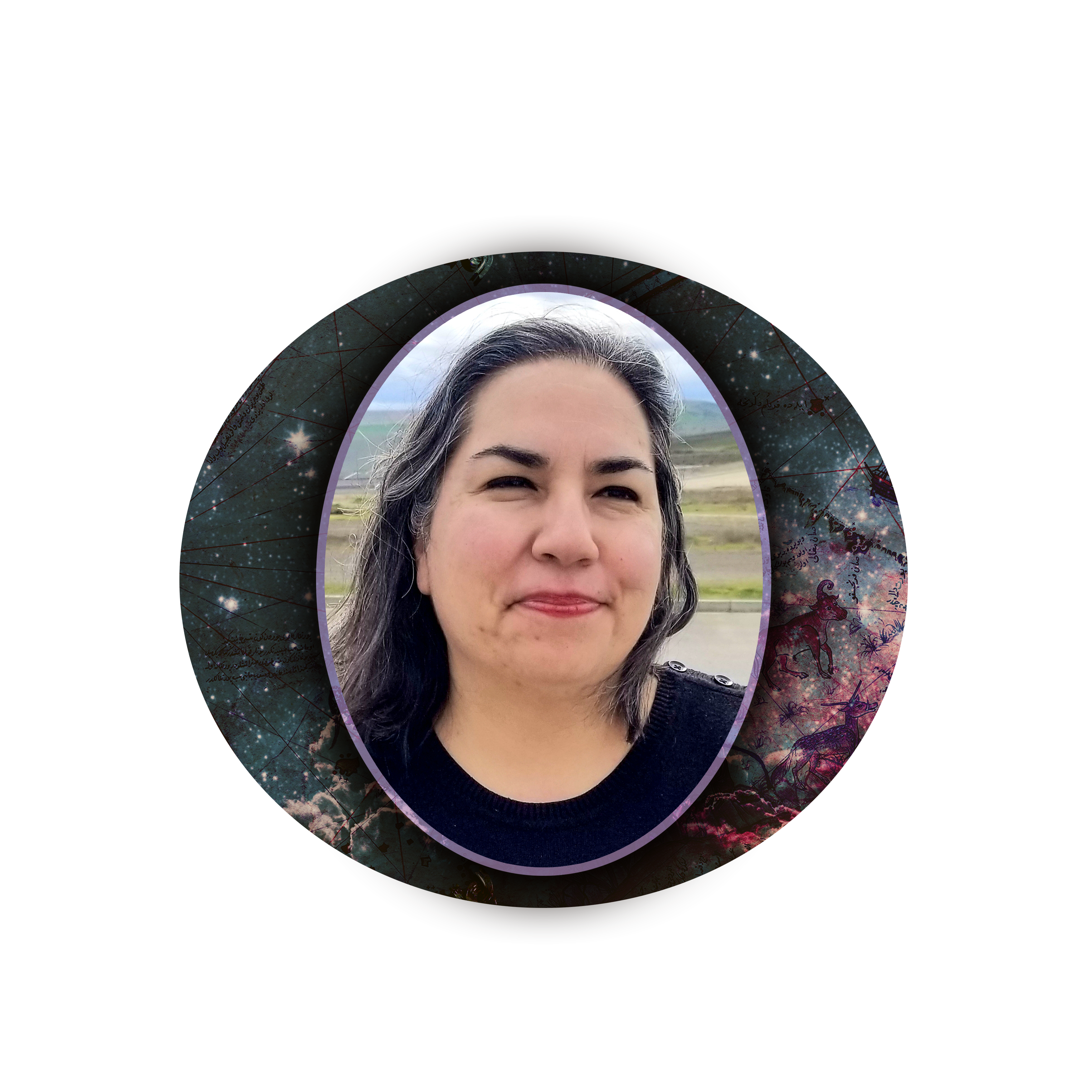Luke 2:41-52
41 Now every year his parents went to Jerusalem for the festival of the Passover. 42 And when he was twelve years old, they went up as usual for the festival. 43 When the festival was ended and they started to return, the boy Jesus stayed behind in Jerusalem, but his parents were unaware of this. 44 Assuming that he was in the group of travelers, they went a day’s journey. Then they started to look for him among their relatives and friends. 45 When they did not find him, they returned to Jerusalem to search for him. 46 After three days they found him in the temple, sitting among the teachers, listening to them and asking them questions. 47 And all who heard him were amazed at his understanding and his answers. 48 When his parents[a] saw him they were astonished, and his mother said to him, “Child, why have you treated us like this? Your father and I have been anxiously looking for you.” 49 He said to them, “Why were you searching for me? Did you not know that I must be in my Father’s house?”[b] 50 But they did not understand what he said to them. 51 Then he went down with them and came to Nazareth and was obedient to them, and his mother treasured all these things in her heart. 52 And Jesus increased in wisdom and in years[c] and in divine and human favor.
This is the story of two revolutions. The first one started over two thousand years ago when a tween, one who had not gone through a bar mitzvah, the coming-of-age ceremony in Jewish tradition when the person becomes responsible for their own actions. Jesus wasn’t quite an adult yet. And definitely not a child anymore. Jesus was becoming his own self and that process can be painful for parents, as they see the control they exercise over their children fizzle out faster than an open bottle of soda. This is the beginning point of our story. Both of our stories.
Jesus, the not-adult-yet-but-not-a-child-anymore tween, gets lost (or did he run away?) from his parents. In the midst of the chaos caused by the festivities, his parents don’t notice the child is missing. A full day later, they decide to go back to the city and look for him and when they found him, they found him schooling the teachers in the temple. Parents got anxious.
Our second story comes from Southeastern Mexico, in the state of Chiapas which borders Guatemala. For centuries, indigenous communities in Mexico (and all over the world, but that is the topic of another conversation) had been treated like little children. European colonizers used the imagery of children to describe and prescribe how the local communities behaved. It is an incredibly helpful metaphor. Because, just like a boy before going through his bar mitzvah, it can be said that indigenous communities cannot be responsible for themselves, so they need a parent.
Unlike God-appointed Mary and Joseph as the designated parents, European countries – and the United Stated of America – appointed themselves as the parents of Latin America , especially of the indigenous communities, imposing a culture, a language, a religion, an economic system… deeming original cultures, languages, religions, and ways of political and economic organization as childish.
Unlike God-appointed Mary and Joseph as the designated parents, European countries – and the United Stated of America – appointed themselves as the parents of Latin America , especially of the indigenous communities, imposing a culture, a language, a religion, an economic system… deeming original cultures, languages, religions, and ways of political and economic organization as childish.
In the second half of the 20th century, the “children” became tweens. Not only due to the growing presence of Marxist scholarship in the area, but out of the ancestral wisdom of indigenous communities. And these children were ready to get out and speak their minds. And just like the teachers in the temple, astonished by the questions, the words, and the responses of Jesus, the experts of the world were amazed by what came out of Latin America, mostly in the work of the Second Vatican Council and Liberation Theology. Parents got anxious.
When they found him, Mary recriminates Jesus asking him: “why have you treated us like this?” As if all of the growth and change he was going through was about them. As if the child wasn’t smart enough to take care of himself and navigate a world of teachers who thought themselves much wiser than him. Instead of centering on the child and his experience, they made it all about themselves. He owed them. “After ALL we have done for you, how could you?” (I can hear Mary saying).
When Latin American countries and indigenous communities rebelled against the systems the West had imposed on them, the parents reacted similarly to Mary and Joseph: recrimination and scolding, using the how could you language. These parents, unlike Jesus’ parents, went farther and got into physical abuse, training military in the School of the Americas, implementing strategies like Operacion Condor and the Dirty War in Mexico, silencing the growing voices of the tween communities. Many lives were lost in this scolding.
When Latin American countries and indigenous communities rebelled against the systems the West had imposed on them, the parents reacted similarly to Mary and Joseph: recrimination and scolding, using the how could you language.
Jesus, trusting his belovedness and relying on his before-the-beginning-of-time wisdom, responds, kind of snarkily: “Why were you searching for me? Did you not know that I must be in my Father’s house?” To me, this sounds a lot like a: “this is not your business. It never has been. (Let me be).” That was the exact moment Jesus became an adult, an advocate for his own life and ministry. He took control of his life. Self-determination.
In Chiapas, Mexico a similar story brewed over decades. Inspired by their faith, grassroots communities found in Jesus’ words the key to liberation and self-determination. They organized and the result was the 1994 Zapatista revolt (the first day of the implementation of NAFTA, which furthered poverty among poverty-stricken communities). The guerrilla-style movement was quickly suppressed and hundreds died, but people found a way. Like Jesus to his earthly parents, the indigenous community in Chiapas said to the world: “this is not your business. It never has been. Let me be.”
Like Jesus to his earthly parents, the indigenous community in Chiapas said to the world: “this is not your business. It never has been. Let me be.”
Growth is inevitable. Jesus, even when Mary tried to keep him from growing, grew up. She couldn’t protect him from the heartaches that life and history would bring. She couldn’t keep him a child forever. She couldn’t control him anymore or determine his whereabouts ever again. We hear that “Jesus increased in wisdom and in years.” He was wise all along, but he needed to try things on his own for that wisdom to increase.
When the peace treaties that would recognize the autonomy of Tzotzil, Tzetzal, Mames, and Choles (among other Mayan groups) were rejected, the communities realized that neither left nor right nor anything in between would help them. Liberation was not coming from a political party of an economic system created by the West but from their internal wisdom, that had been growing since the beginning of time. They re-organized. This time, not as a military movement but as a whole new system of governance, of providing for each other’s needs, of feeding everyone. They called each micro-community caracoles (snails), where, like the spirals in a snail, everything is connected, everything depends on another part. They are governed by boards that “operate through the principles of rotation, revocation of mandate (recall) and accountability.”[1] Women are a big part of the system. Everyone has their basic rights respected: a home, education, healthcare. When I visited two of the caracoles earlier this year, I was amazed by the peaceful rhythm of life, the free healthcare clinics, the schools. Nothing was fancy but everything was enough. They have been wise since the beginning, they just needed to try things on their own. The ways of ancient indigenous communities had the seeds for this new system, one that is not perfect, but it is adequate for the people it serves. They have only increased in wisdom and years ever since.
The ways of ancient indigenous communities had the seeds for this new system, one that is not perfect, but it is adequate for the people it serves. They have only increased in wisdom and years ever since.
We don’t know anything else about Jesus’ childhood or teenage years. Maybe this story is here because it was such a ground-breaking moment in his life and in the life of the earthly parents. He realized what he was capable of, learned to be responsible for his own decisions, and learned to draw a line between himself and Mary and Joseph. The parents learned to let go as they realized that that life was never theirs to begin with. It was an aha moment for both entities.
And while Latin America and her peoples have never been children but have definitely been treated as such, the aha moment has come. We know what we are made of, what we need, we can be held accountable for our own decisions and we are learning to draw a lie between us and the self-appointed parents. My question and my prayer is will the “parents” let us go? Will they realize our lives were never theirs to begin with?
May it be so.
[1] Chiapas Support Committee, “The Zapatista Caracoles,” Chiapas Support Committee, accessed November 1, 2024, https://chiapas-support.org/2019/09/05/the-zapatista-caracoles/.

Rev. Claudia Aguilar Rubalcava is the director of engagement at More Light Presbyterians. She grew up in Mexico City, with her parents and two siblings. Rev. Aguilar believes words and everyday actions have the power to shape people’s lives and the world’s future, a belief that led her to author liturgical resources and articles for numerous publications. She has served the church as campus minister, pastor, associate dean of students, and seminary admissions staff. Being bilingual, bicultural, and binational is part of her call to build bridges among different groups of people. She is interested in ecumenical and interfaith efforts to bring justice and peace to every sentient being. When not working, she is spending time in her garden with her husband Doug and their dogs, hiking with friends, or cooking.



Unbound Social